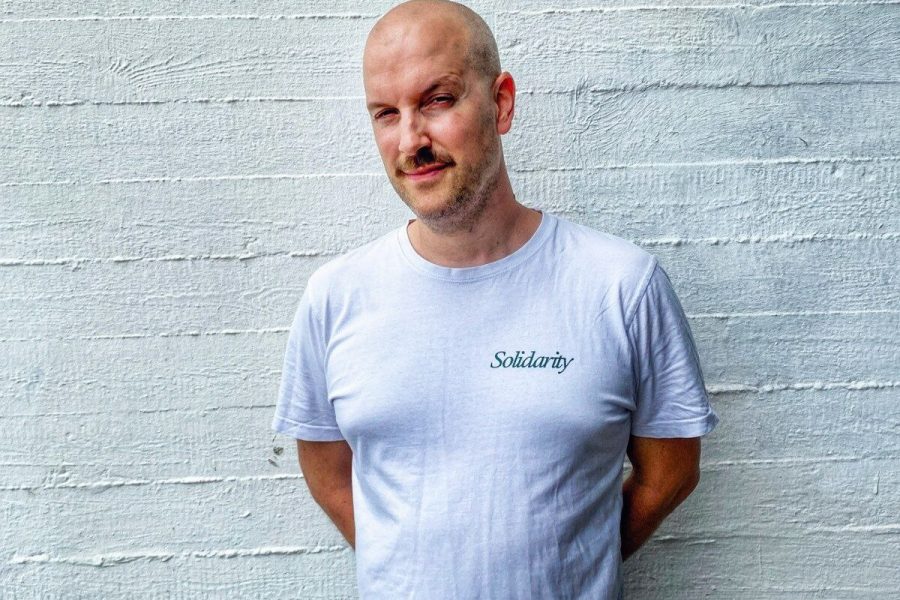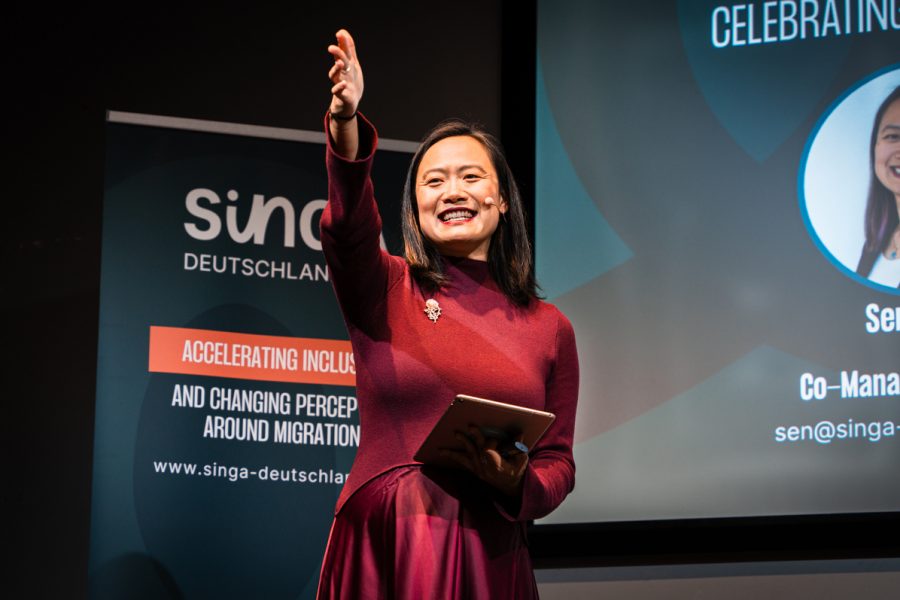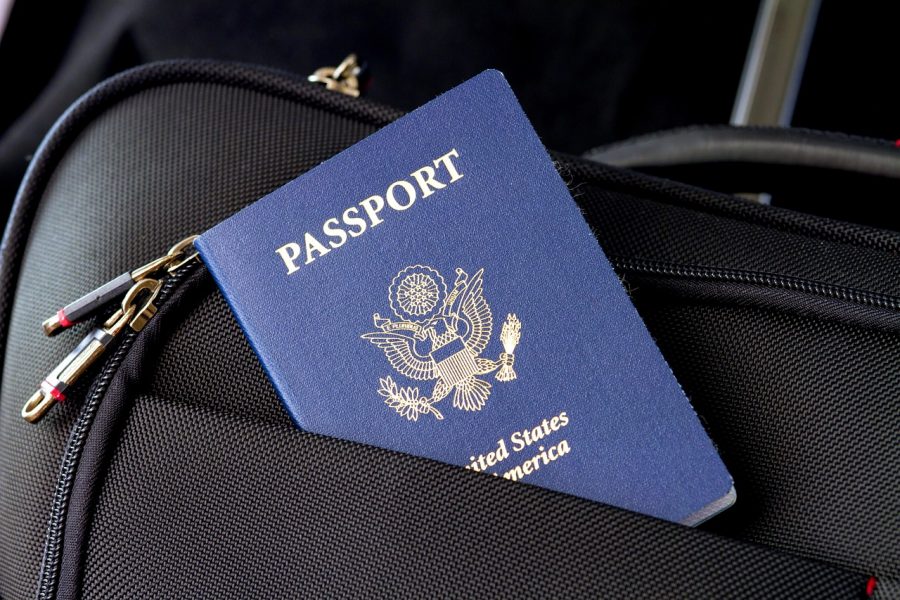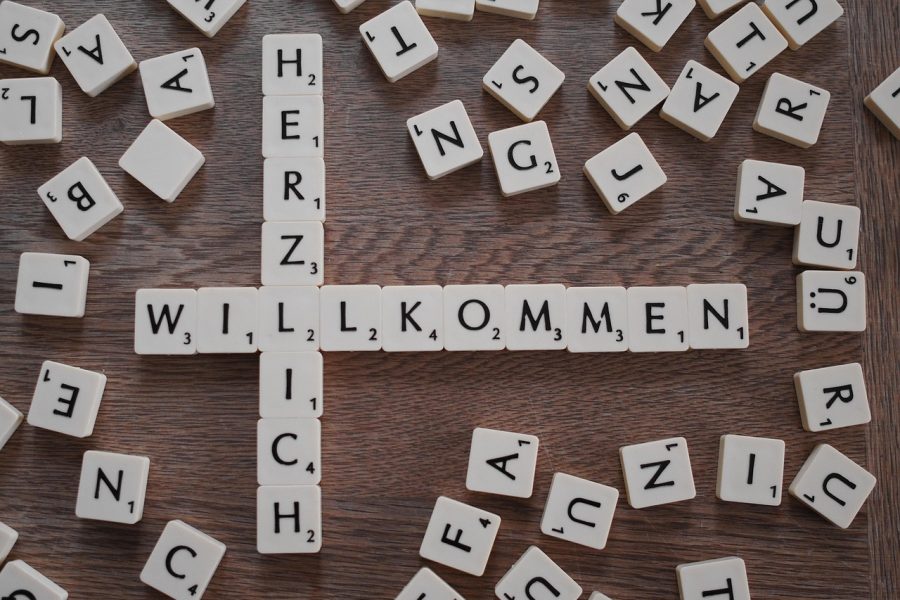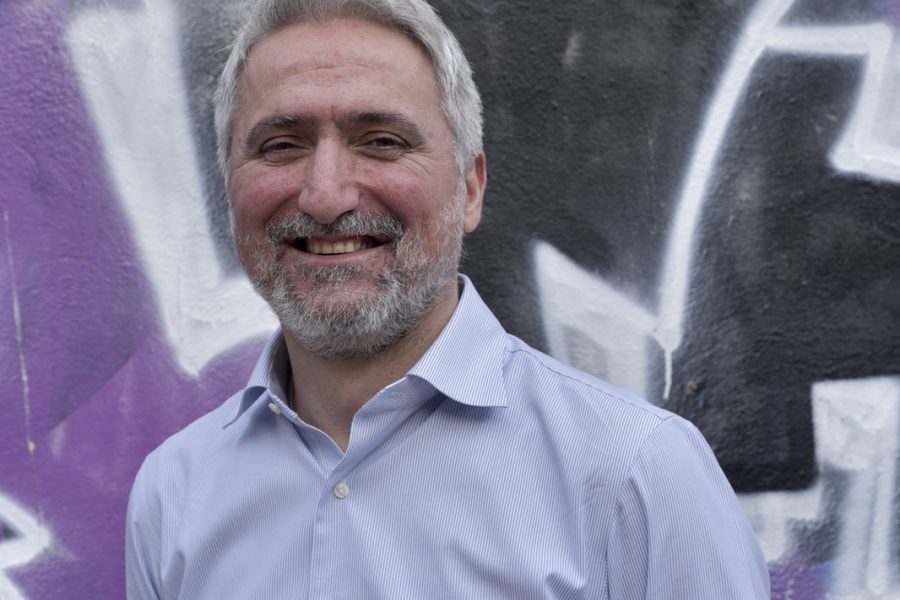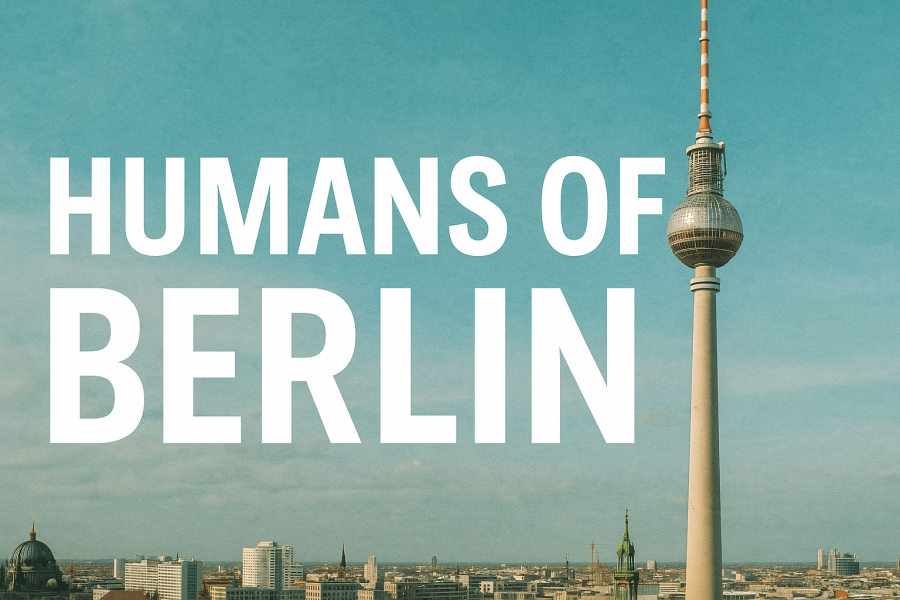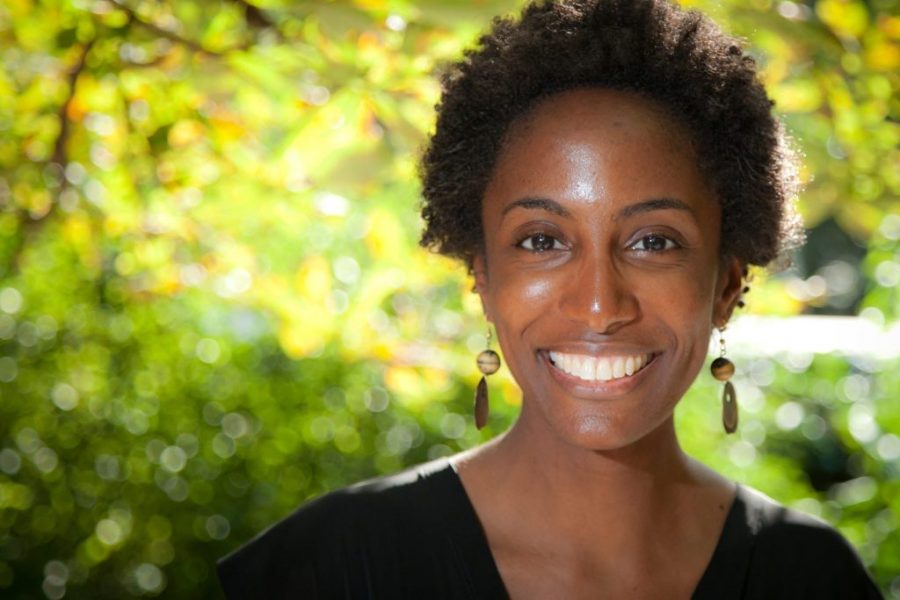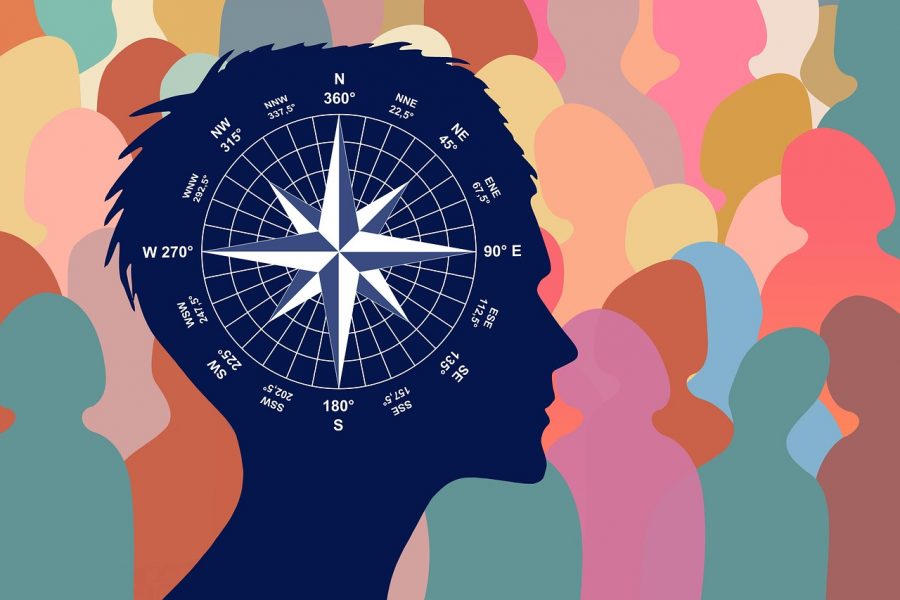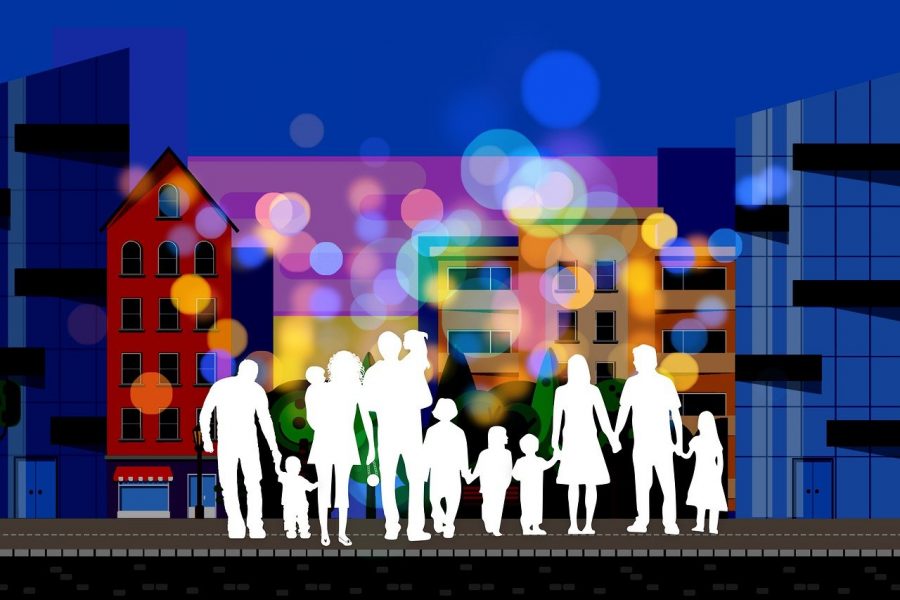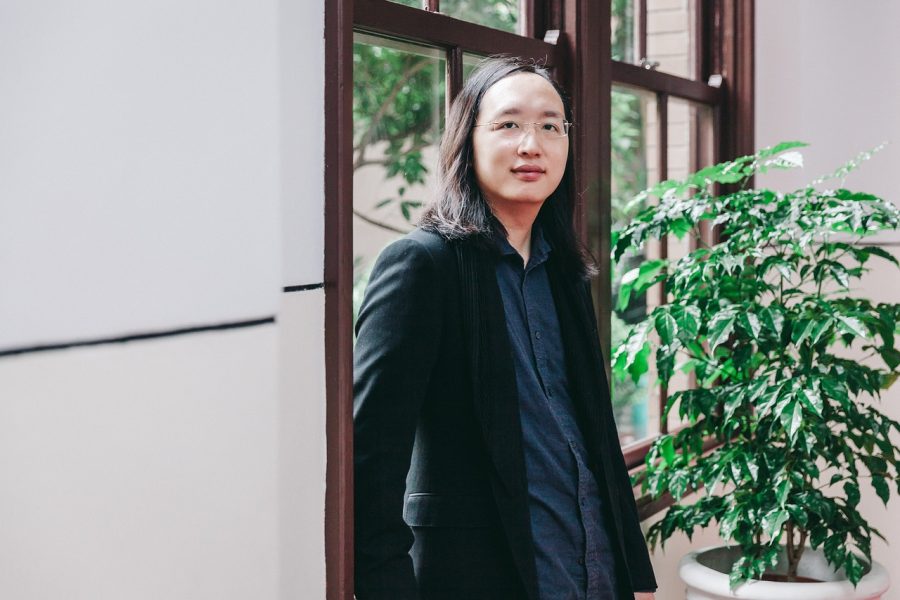WahlheYmatPost: Can you briefly introduce your organization? What is its main mission in Berlin?
David Häußer: Berlin Polyphon was founded in the summer of 2024 in response to the debate and protests against the “remigration” plans earlier that year. At the invitation of the State Commissioner for Participation, Katarina Niewiedzial, about a dozen migrant associations met to discuss what kind of response was needed. After several meetings, the idea emerged to establish a structure focused on the narrative around migration—because that narrative is under heavy attack and being used as part of a campaign to stir up public opinion at the expense of those affected.
What drives us now is the visibility of migration society. We want to amplify the voices of migrants on these issues because—unlike those who peddle misinformation to stoke hate and ultimately dismantle democracy—we know from our own lives what the diversity of migration can truly mean.
Without immigrants, Berlin would never have become the global city it is. Migration has always been part of humanity’s default condition—the way we settled the planet and learned to adapt to changing circumstances. Everything that makes us human—language, culture, art, recipes—exists only through exchange with history, through influence and transformation shaped by circumstances and encounters, and through exchange with other people.
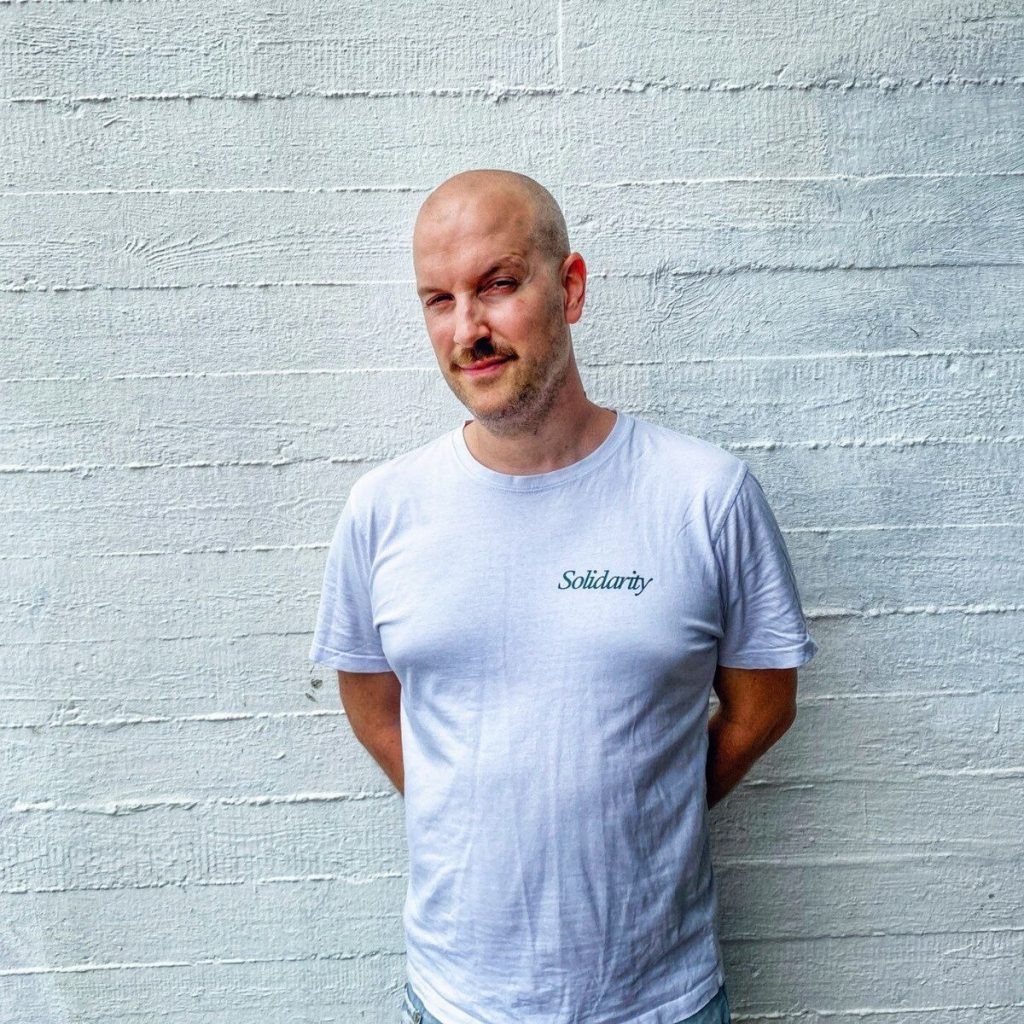
David Häußer (Foto: Christian Ottum)
And this more solemn, philosophical dimension is reached, through the voices of those whom society casts as “others” under the rule of so-called “normality.” As an alliance of explicitly migrant associations and organizations, Berlin Polyphon tries to bring these voices together—to pull the narrative around migration closer to reality.
WHP: What personally motivated you to get involved?
David Häußer: The urgent desire to have a roof over my head and to be able to buy myself something to eat every now and then has always been a powerful motivator! While billion-euro corporations like Vonovia—blessed by Berlin’s governing CDU and SPD—get more than a billion in property tax simply waived (hello, budget hole!), folks like us depend on wage labor. Luckily, the work is genuinely fun, and I’m good at what I do. So I’m not just surviving.
Another motivation is the marching advance of fascism—be it Trump, Putin, Khamenei, or their German offshoots—who for years have set the tone in talk shows, headlines, and on election posters.
The next few years will decide whether we were serious about democracy, and I’m glad I don’t have to watch that debate from the sidelines.
WHP: What challenges do people with a migration background face in Berlin—and how does your organization respond?
David Häußer: First, there are the issues that affect everyone. After all, even people with the infamous migration background live in migration society; there is no “outside” to spaces shaped by migration. The housing crisis is a catastrophe for anyone who isn’t rich. Current transport policy poses a serious risk to everyone who doesn’t drive.
Of course, there are also problems that affect migrants specifically—above all, racism. Structurally, in the form of deep-seated prejudices; disadvantages when looking for jobs, housing, healthcare, or meaningful support from public agencies—never mind the skewed coverage in much of the media. And individually, in the form of everyday hostility that can escalate to physical attacks and even murder.
We intend to speak out on this, to oppose it, and to organize against it. Since our launch in November 2024, we’ve been doing that with campaigns, posters, podcasts, and events. But we don’t want to stop at just opposition. We’re even more focused on the question: what kind of society do we want to live in? What are our goals? Our wishes? Our vision? We’ve just wrapped up the #gesellschaftfürALLE campaign and are now preparing a campaign for the 2026 Berlin elections.
WHP: Do you have an upcoming project, event, or initiative you’d recommend to our readers?
David Häußer: Yes—this week already, on September 27th, we’re running a workshop on our election campaign at the opening of the Zentral- und Landesbibliothek (Amerika-Gedenk-Bibliothek). Admission is free; we start at 13:15. Come by!
We’re also running a simple survey: which issues should urgently be addressed in Berlin’s elections next year?
Survey here.
And on Wednesday, October 2nd, we’re holding our general plenary, to which all member organizations are invited—as well as any other interested migrant associations, initiatives, and federations.
WHP: How can interested people support your work or get involved?
David Häußer: We don’t accept individual members; official membership is limited to migrant organizations. But if you represent one, you’re warmly invited to come to the general plenary mentioned above or to email kasia.wojcik@polyphon.berlin.
But if you’re still interested as an individual—and since you, Wahlheymat’s readers, are most likely individuals and not from Berlin—here’s your chance to get involved around migration, right-wing backlash, and all related issues. Come take a look at Berlin Polyphon by joining our monthly Volunteer Community meeting.
The next date in October isn’t finalized yet, but it will probably be during the week of October 20th. Otherwise, feel free to write to community@polyphon.berlin
| Berlin Polyphon – Mission and Vision Berlin Polyphon is an alliance of migrant and refugee organizations based in Berlin, uniting over 40 groups, associations, and umbrella organizations to intervene in and shape the public discourse on migration. They aim to counter narratives that portray migration as a threat or a symptom of societal decay, by bringing forward the voices and perspectives of those who live the reality of migration in everyday life. Berlin Polyphon works both outwardly and inwardly: outwardly through events, public statements, campaigns, podcasts, and media work; inwardly by providing workshops, media training, and facilitating exchange between migrant organizations and public institutions. They also run specific projects such as CUSBU (Community Support for BIPoC Refugees from Ukraine), offering referral services, case management, empowerment, and care work in cooperation with community-led initiatives. At its core, Berlin Polyphon is committed to a vision of a rights-based society where everyone can participate, and where diversity is seen as a strength, not a crisis. |

